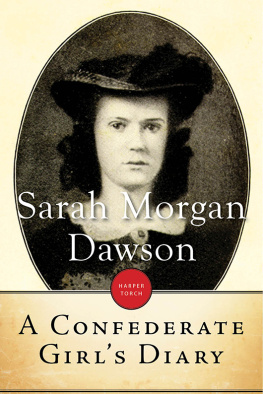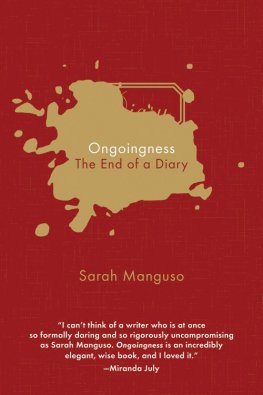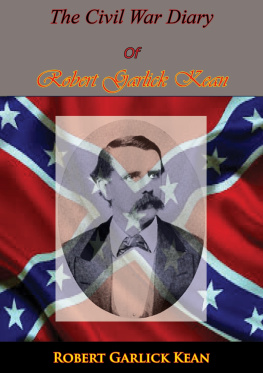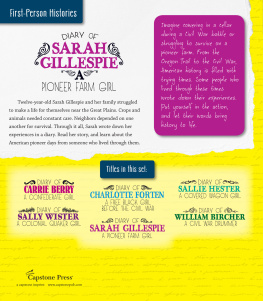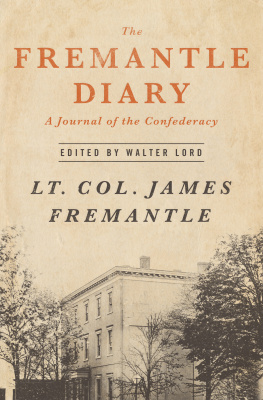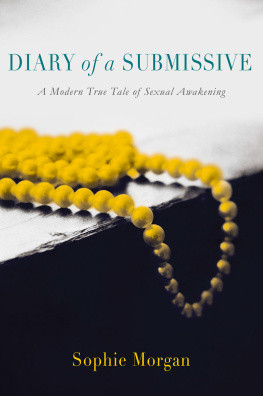It is perhaps due to a chance conversation, held some seventeen years ago in New York, that this Diary of the Civil War was saved from destruction.
A Philadelphian had been talking with my mother of North and South, and had alluded to the engagement between the Essex and the Arkansas, on the Mississippi, as a brilliant victory for the Federal navy. My mother protested, at once; said that she and her sister Miriam, and several friends, had been witnesses, from the levee, to the fact that the Confederates had fired and abandoned their own ship when the machinery broke down, after two shots had been exchanged: the Federals, cautiously turning the point, had then captured but a smoking hulk. The Philadelphian gravely corrected her; history, it appeared, had consecrated, on the strength of an official report, the version more agreeable to Northern pride.
But I wrote a description of the whole, just a few hours after it occurred! my mother insisted. Early in the war I began to keep a diary, and continued until the very end; I had to find some vent for my feelings, and I would not make an exhibition of myself by talking, as so many women did. I have written while resting to recover breath in the midst of a stampede; I have even written with shells bursting over the house in which I sat, ready to flee but waiting for my mother and sisters to finish their preparations.
If that record still existed, it would be invaluable, said the Philadelphian. We Northerners are sincerely anxious to know what Southern women did and thought at that time, but the difficulty is to find authentic contemporaneous evidence. All that I, for one, have seen, has been marred by improvement in the light of subsequent events.
You may read my evidence as it was written from March 1862 until April 1865, my mother declared impulsively.
At our home in Charleston, on her return, she unstitched with trembling hands a linen-bound parcel always kept in her tall, cedar-lined wardrobe of curled walnut. On it was scratched in ink To be burned unread after my death; it contained, she had once told me, a record of no interest save to her who had written it and lacked the courage to reread it; a narrative of days she had lived, of joys she had lost; of griefs accepted, of vain hopes cherished.
From the linen, as the stitches were cut, fell five blank books of different sizes. Two, of convenient dimensions, might have been intended for diaries; the other three, somewhat unwieldy, were partly used ledgers from Judge P. H. Morgans office. They were closely written in a clear, firm hand; the ink, of poor quality, had faded in many places to a pale brown scarcely darker than the deep yellow to which time had burned the paper. The effort to read under such conditions, and the tears shed over the scenes evoked, might well have cost my mother her sight; but she toiled for many weeks, copying out the essential portions of the voluminous record for the benefit of the Northerner who really wished to know.
Her transcription finished, she sent it to Philadelphia. It was in due course returned, with cold regrets that the temptation to rearrange it had not been resisted. No Southerner at that time could possibly have had opinions so just or foresight so clear as those here attributed to a young girl. Explanation was not asked, nor justification allowed: the case, tried by one party alone, with evidence seen from one standpoint alone, had been judged without appeal.
Keenly wounded and profoundly discouraged, my mother returned the diaries to their linen envelope, and never saw them again. But my curiosity had been roused by these incidents; in the night, thoughts of the records would haunt me, bringing ever the antebellum scent of the cedar-lined wardrobe. I pleaded for the preservation of the volumes, and succeeded at last when, beneath the injunction that they should be burned, my mother wrote a deed of gift to me with permission to make such use of them as I might think fitting.
Reading those pages for myself, of late, as I transcribed them in my turn, I confess to having blamed the Philadelphian but lightly for his skepticism.
Here was a girl who, by her own admission, had known but ten months schooling in her life, and had educated herself at home because of her yearning for knowledge; and yet she wrote in a style so pure, with a command of English so thorough, that rare are the pages where she had to stop for the alteration of so much as one word. The very haste of noting what had just occurred, before more should come, had disturbed the pure line of very few among these flowing sentences. There are certain uses of words to which the twentieth century purist will take exception; but if he is familiar with Victorian literature he will know that these points have been solved within the last few decadesand not all solved to the satisfaction of everyone, even now.
But underlying this remarkable feat of style, are a fairness of treatment and a balance of judgment incredible at such a period and in an author so young. On such a day, we may note an entry denouncing the Federals before their arrival at Baton Rouge; another page, and we see that the Federal officers are courteous and considerate, we hear regrets that denunciations should have been dictated by prejudice. Does Farragut bombard a town occupied by women and children, or does Butler threaten to arm negroes against them? Be sure, then, that this Southern girl will not spare adjectives to condemn them! But do Southern women exaggerate in applying to all Federals the opprobrium deserved by some? Then those women will be criticized for forgetting the reserve imposed upon ladies. This girl knew then what history has since established, and what enlightened men and women on both sides of Mason and Dixons line have since acknowledged: that in addition to the gentlemen in the Federal ranks who always behaved as gentlemen should, there were others, both officers and privates, who had donned the Federal uniform because of the opportunity for rapine which offered, and who were as unworthy of the Stars and Stripes as they would have been of the Stars and Bars.
I can understand, therefore, that this record should meet with skepticism at the hands of theorists committed to an opinion, or of skimmers who read guessing the end of a sentence before they reach the middle. But the originals exist today, and have been seen by others than myself; and I pledge myself here to the assertion that I have taken no liberties, have made no alterations, but have strictly adhered to my task of transcription, merely omitting here and there passages which deal with matters too personal to merit the interest of the public.
Those who read seriously, and with unbiased mind, will need no external guarantees of authenticity, however; for the style is of that spontaneous quality which no imitation could attain, and which attempted improvement could only mar. The very construction of the wholefor it does appear as a wholeis influenced by the circumstances which made the life of that tragic period.
The author begins with an airy appeal to Madame Idlenessin order to forget. Then, the war seemed a sacred duty, an heroic endeavor, an inevitable trial, according as Southerners chose to take it; but the prevailing opinion was that the solution would come in victory for Southern arms, whether by their own unaided might or with the support of English intervention. The seat of war was far removed, and but for the absence of dear ones at the front and anxiety about them, Southern women would have been little disturbed in their routine of household duties. But presently the roar of cannon draws near, actual danger is experienced in some cases, suffering and privation must be accepted in all. Thenceforth, the women are part of the war; there may be interludes of plantation life momentarily secure from bullets and from oppression, yet the cloud is felt hanging ever lower and blacker. Gradually, the writers gay spirit fails; an injury to her spine, for which adequate medical care cannot be found in the Confederacy, and the condition of her mother, all but starving at Clinton, drive these Southern women to the protection of a Union relative in New Orleans. The hated Eagle Oath must be taken, the beloved Confederacy must be renounced at least in words. Entries in the Diary become briefer and briefer, yet are sustained unto the bitter end, when the deaths of two brothers, and the crash of the Lost Cause, are told with the tragic reserve of a broken heart.


